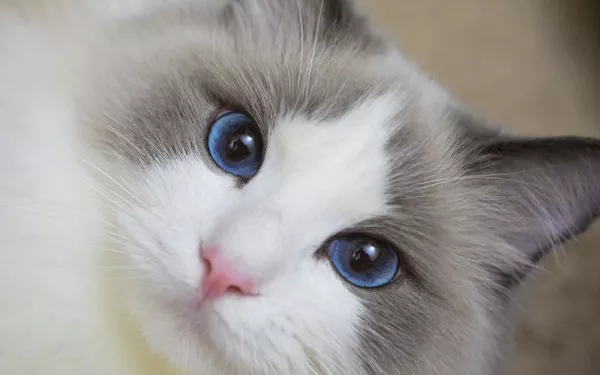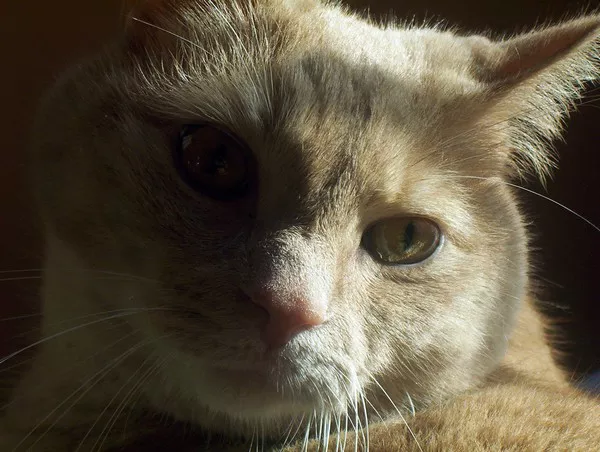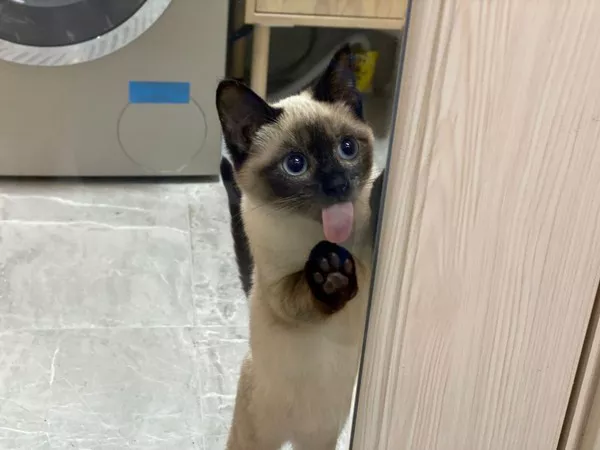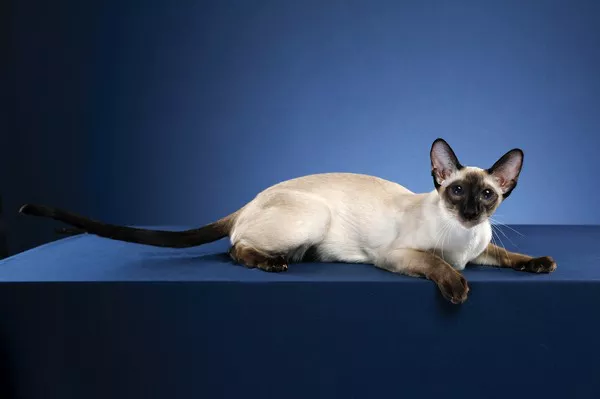Ragdoll cats are beloved for their striking blue eyes, semi-long fur, and notably docile temperament. These gentle feline giants are known for their affectionate and social nature, earning them the moniker “puppy cats.” However, Ragdolls harbor an intriguing quirk that many cat enthusiasts can’t help but notice—most of them have an aversion to closed doors. If you’ve ever wondered why your Ragdoll cat seems to despise closed doors, you’re not alone. In this article, we’ll delve into the world of Ragdoll cats to understand this peculiar behavior and how you can cater to their unique needs.
Ragdoll Cats: A Brief Overview
Before we explore why Ragdolls have a strong distaste for closed doors, let’s get to know these feline companions a little better. Ragdoll cats are known for several distinct characteristics:
Appearance: Ragdolls are large, heavyset cats with semi-long fur. They have captivating blue eyes and a soft, silky coat. Their name is derived from their tendency to become completely relaxed and limp when picked up, much like a ragdoll.
Personality: Ragdolls are among the most affectionate and gentle cat breeds. They are known for their calm and docile nature, often forming strong bonds with their human companions. These cats are highly social and thrive on attention.
Vocalization: While Ragdolls are not particularly chatty, they have a soft and sweet voice. They are more inclined to communicate with soft, melodic meows rather than loud, demanding ones.
Why Ragdoll Cats Dislike Closed Doors
Ragdolls’ aversion to closed doors can be attributed to several factors, including their temperament, social nature, and certain behavioral traits. Let’s unravel the mystery behind this behavior:
Social Creatures: Ragdoll cats are profoundly social. They crave companionship and attention from their human family members. Closed doors can disrupt this sense of togetherness, making them anxious or even frustrated.
Separation Anxiety: Ragdolls can be prone to separation anxiety. When they perceive a closed door as a barrier that separates them from their favorite humans, it can trigger feelings of anxiety and distress.
Curiosity: Ragdoll cats are known for their curious nature. They enjoy exploring their surroundings and being part of the household activities. A closed door piques their curiosity, and they often exhibit a desire to investigate what’s on the other side.
Bonding Time: Ragdolls form strong bonds with their owners. They enjoy spending time with their humans, whether it’s sitting on your lap, being involved in your daily routines, or simply having you within their sight. Closed doors can make them feel isolated or excluded.
Security: Closed doors may make Ragdolls feel less secure. In their world, safety often comes from being close to their trusted humans. When doors close, it can create a feeling of vulnerability.
FOMO (Fear of Missing Out): Ragdolls are prone to FOMO. They don’t want to miss any action or fun happening in the household. Closed doors represent missed opportunities, which can be distressing for these curious cats.
Catering to Your Ragdoll’s Needs
Understanding your Ragdoll’s aversion to closed doors is the first step in ensuring their well-being and happiness. Here are some tips to help you cater to their unique needs:
Quality Time: Spend quality time with your Ragdoll cat. Engage in play, petting, and cuddling sessions to fulfill their social and attention needs.
Interactive Play: Offer interactive toys and play sessions to keep them mentally stimulated and physically active.
Open Spaces: Create open spaces where your Ragdoll can explore and participate in your daily activities. Ragdolls appreciate being involved in their humans’ lives.
Slow Introductions: If you need to introduce your cat to a closed door, do it gradually. Let them see that it’s not permanent and that they’ll have access again.
Attention to Anxiety: If your Ragdoll exhibits signs of separation anxiety, consider consulting with a veterinarian or feline behaviorist to address their emotional needs.
Open-Door Policy: In cases where it’s safe and feasible, consider leaving some doors open to alleviate their anxiety. It’s essential to strike a balance between ensuring their well-being and maintaining household boundaries.
In conclusion, Ragdoll cats’ aversion to closed doors is a fascinating aspect of their behavior. It’s rooted in their social, curious, and affectionate nature. By understanding and accommodating their unique needs, you can create an environment where your Ragdoll feels secure, happy, and connected, without the worry of missing out on life’s precious moments.


























